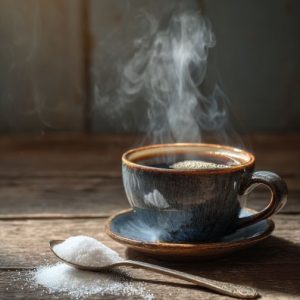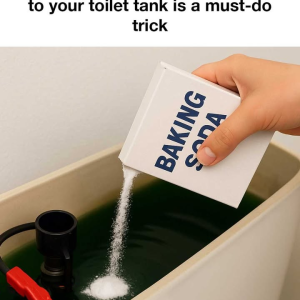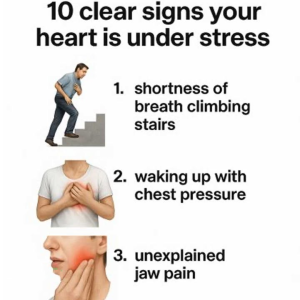
Your nighttime trips to the bathroom may be linked less to age or illness, and more to one simple factor: how and when you drink water throughout the day.
In this guide, you’ll discover smart, practical changes—based on urology insights—that can help reduce those sleep-interrupting urges, especially if you:
- Are over 50
- Wake up often to urinate at night
- Take medications that affect bladder control
- Want natural, non-pharmaceutical strategies for better rest
What’s Really Causing You to Wake Up?

The condition has a name: nocturia. It refers to the need to get up one or more times at night to urinate, and it’s more than a nuisance—it disrupts sleep quality and overall health.
Some common underlying causes include:
- Hormonal changes with age
- Drinking most of your fluids late in the day
- Prostate enlargement (in men)
- Overactive bladder or weak pelvic muscles
- Heart failure or circulation issues
- High salt intake or consuming natural diuretics
- Medications like diuretics or sleep aids
But here’s what often goes unnoticed: poor hydration timing.
The “Smart Timing” Hydration Method

A frequent mistake, especially among older adults, is under-drinking during the day—only to overcompensate by guzzling water in the late afternoon or evening.
That late hydration floods your bladder when your body should be winding down. Here’s how to reverse the cycle:
From Wake-Up to 4:00 PM:
- Aim to consume 70–80% of your daily fluids
- Sip gradually throughout the day; don’t wait to feel thirsty
- Stick to water, and avoid sugary or carbonated drinks
4:00 PM to 6:00 PM:
- Begin tapering down fluid intake
- If you exercise, hydrate beforehand—not after
- Avoid drinking while eating dinner or relaxing in front of the TV
After 6:00 PM:
- Avoid soups, teas, or drinks with diuretic effects
- If you need to take medication, do so with the smallest sip necessary
This structured approach reduces the likelihood of bladder overload at night.
Bonus Tip: The Elevated Legs Technique

During the day, fluids naturally pool in your lower body. When you lie down, those fluids return to your bloodstream—and straight to your kidneys—leading to nighttime urination.
A simple solution? Elevate your legs for 30 minutes in the early evening. You can:
- Lie on the couch with your feet on pillows
- Or rest your legs against a wall while lying on your back
Do this around 5:30 PM to help your body eliminate excess fluid before bedtime.
Foods and Drinks to Avoid Late in the Day

Some foods are natural diuretics, meaning they stimulate urine production. It’s best to avoid these after 5:00 PM:
- Cucumber, watermelon, celery
- Citrus juices (orange, grapefruit, cranberry)
- Tea (green, black, white), coffee, alcohol
- Broths or high-liquid-content soups
- Salty foods or processed meals
Choose dry, light meals with protein and low sodium—like grilled chicken or a small salad without watery vegetables.
Signs You’re On the Right Track

Within 4–7 days of adjusting your routine, you may notice:
- Fewer bathroom trips at night (once at most)
- Waking up feeling more rested
- Less thirst before bedtime
- Reduced leg swelling in the evening
- A calmer bladder and less urgency at night
When Should You See a Doctor?
If the issue continues despite these changes, it may be a sign of a deeper medical condition. Consult a urologist to rule out:
- Prostate enlargement or infection
- Diabetes or high blood sugar
- Urinary tract infections
- Kidney or heart issues
- Neurological conditions affecting bladder control
Specialists can recommend tests like ultrasounds, blood panels, or urinalysis to help clarify the cause.




